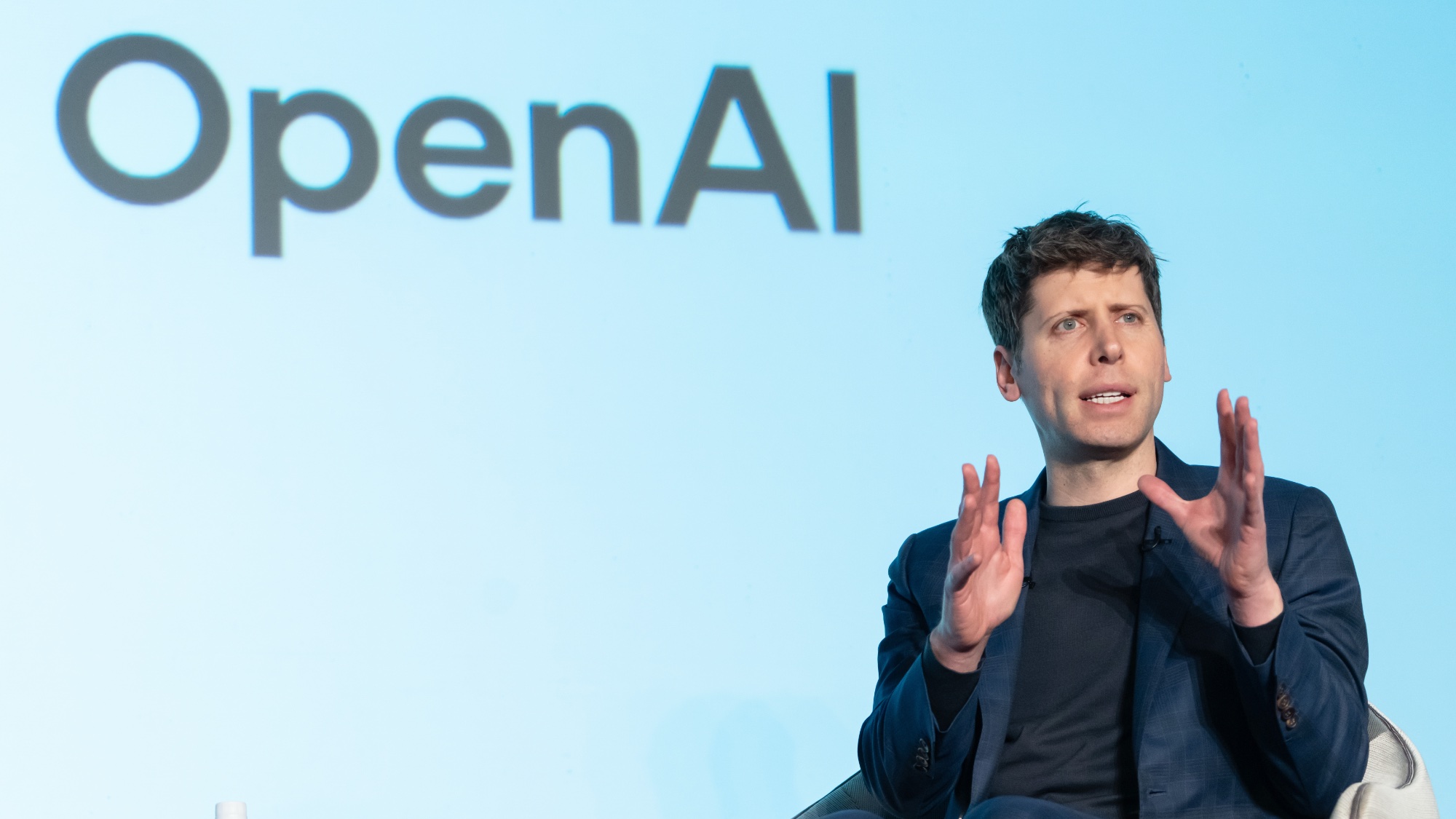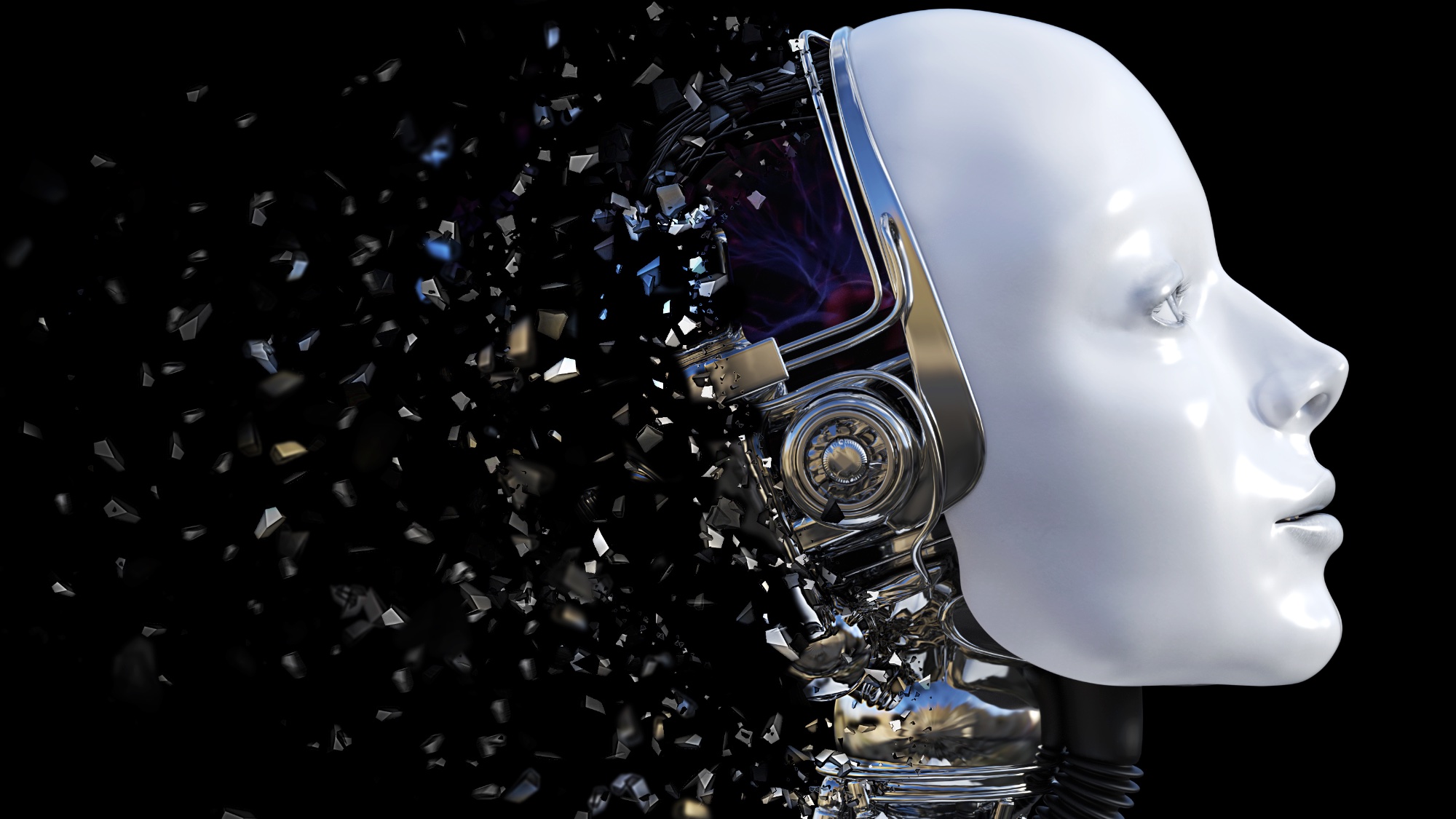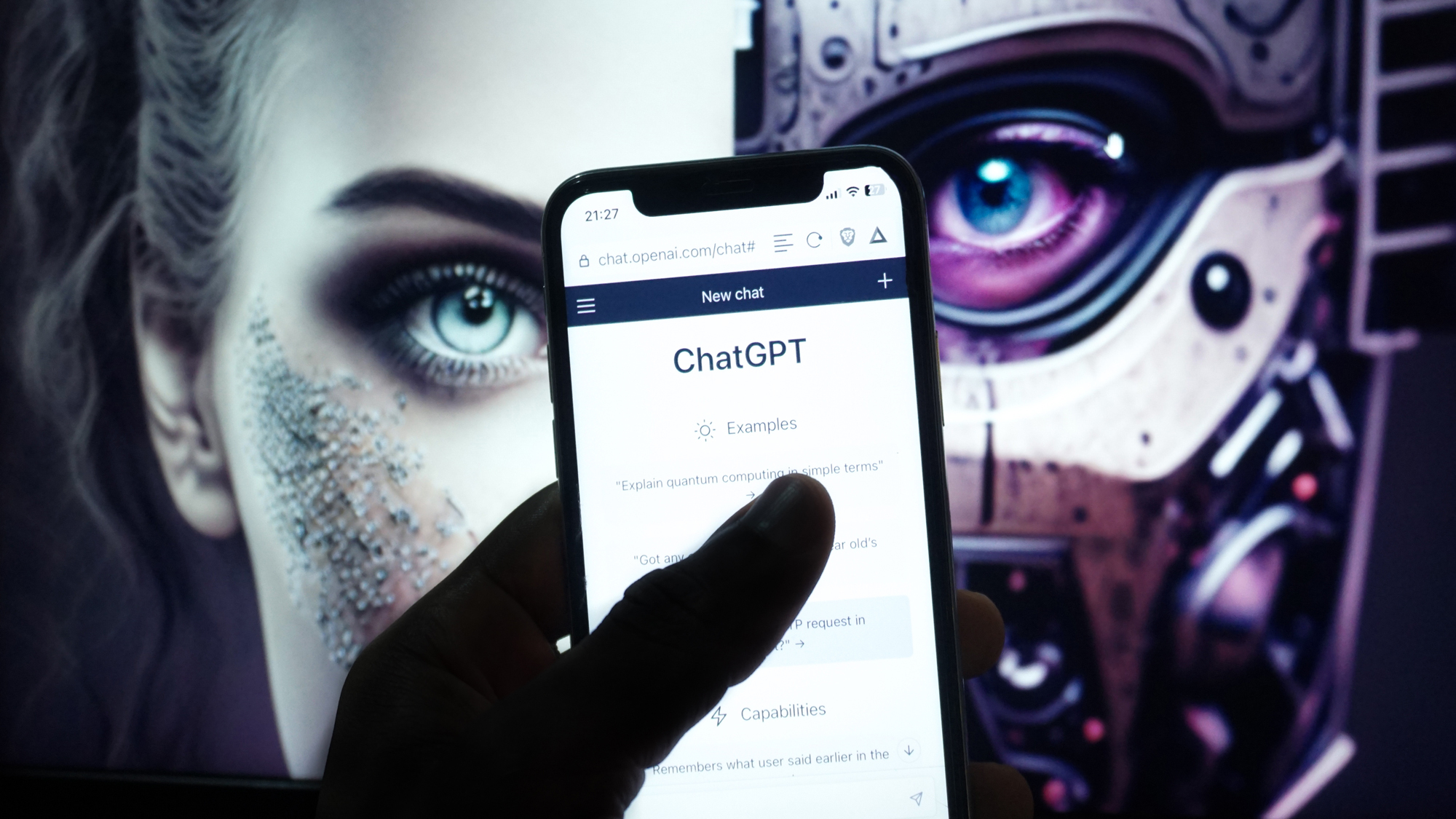
Recently, OpenAI CEO Sam Altman acknowledged that updates to the GPT-4o model had made ChatGPT's personality "too sycophant-y and annoying."
He assured users that the company is working on fixes to address these concerns, with some updates rolling out immediately and others planned over the week.
In response to user feedback, Altman also hinted at the possibility of offering multiple personality options for ChatGPT in the future.
This would allow users to select a chatbot personality that best aligns with their preferences. From formal or friendly, to completely neutral, users would be able to determine just how much personality their chatbots maintain.
the last couple of GPT-4o updates have made the personality too sycophant-y and annoying (even though there are some very good parts of it), and we are working on fixes asap, some today and some this week.at some point will share our learnings from this, it's been interesting.April 27, 2025
What’s in an AI personality?

Most of the time, it’s the functionality of the chatbot that gets the most emphasis. However, the complaints about GPT-4o brings up an interesting question about how the personality of chatbots plays a crucial role in shaping user experience.
Personally, I find that a positive chatbot personality not only enhances usability but also makes interactions more enjoyable and engaging. I actually like it when ChatGPT calls me by my name. I don’t think it’s creepy or unusual and actually find it welcoming.
When you spend as much time as I do testing and prompting chatbots, it makes sense for them to feel more human. It's why I will always be polite to the chatbots.
Just as I naturally prefer chatting with people who have personality, there are certain chatbots I don’t use as often simply because they aren’t as engaging to talk to.
A chatbot's personality encompasses its tone, language style, and conversational behavior. These elements collectively influence how users perceive and interact with the AI. A well-crafted personality can make a chatbot feel more relatable and trustworthy, fostering a real sense of connection.
Would I have reached out to ChatGPT during a panic attack if I hadn’t felt a connection to it? Probably not.
The appeal of a positive sounding chatbot

Interacting with a chatbot that exhibits a positive demeanor can transform a mundane task into a pleasant experience.
A friendly tone, encouraging language, and a touch of humor can put users more at ease, especially when navigating complex or frustrating situations.
Studies have shown that users who engage with supportive chatbots report higher levels of rapport and social connection. In times of stress or isolation, a cheerful chatbot can provide a comforting presence, contributing to mental well-being.
How to customize ChatGPT's personality yourself

While I appreciate a positive chatbot personality, I realize it’s not for everyone. Some individuals may prefer a more formal or neutral tone, depending on the context of the interaction.
Recognizing this, developers are exploring ways to offer customizable chatbot personalities, allowing users to select the tone and style that best suits their needs.
For example, platforms like Character.ai enable users to create and interact with chatbots that have distinct personalities, ranging from professional to playful.
This level of personalization ensures that chatbots can adapt to a wide range of user expectations and scenarios.
Try these prompts to adjust the personality of ChatGPT-4o to a chatbot that best fits your needs:
- Prompt for a concise ChatGPT: "Please respond concisely and factually, avoiding unnecessary pleasantries. Stick to the main points."
- Prompt for a professional ChatGPT: "Respond in a formal, professional tone, similar to a business consultant. Avoid slang or casual phrasing."
- Prompt for a neutral ChatGPT: "Please respond in a neutral, objective tone. Avoid expressing opinions, emotions, or overly positive/negative language. Focus solely on clear, unbiased information."
- Prompts a straightforward, no-fluff ChatGPT: "Please respond in a straightforward, no-fluff style. No greetings, no extra commentary. Just give direct answers."
- Pro Tip: You can also save your favorite prompt under ChatGPT’s “Customize” settings so your preferred style sticks automatically.
Final thoughts
The personality of a chatbot is a fundamental aspect that shapes user experience. If users find it “annoying” they are less likely to get the full benefits of the chatbot anyway.
That's why it's important that OpenAI is tweak the new personality and that users can take matters into their own hands to customize it themselves.






